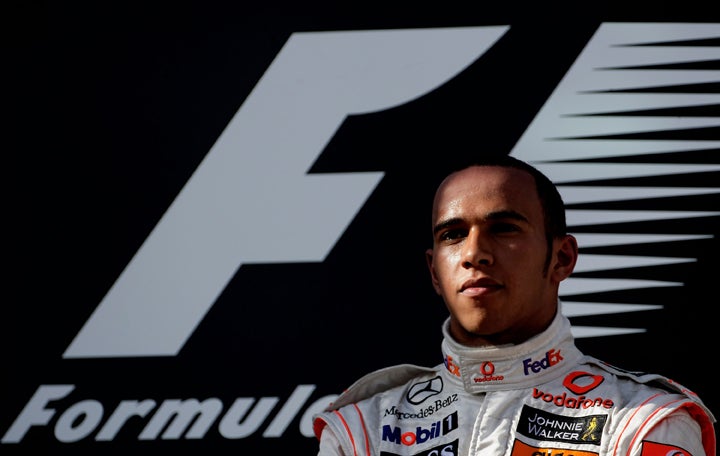Race for equality

Women and people from ethnic minorities are starting to rise through the ranks in what was once a very white, male industry.
Following the racist abuse of Lewis Hamilton at pre-season testing in Spain earlier this year, you might question whether motoring is an industry that welcomes racial diversity. Not only was the driver verbally abused by crowd members as he entered the Circuit de Catalunya in Barcelona, the stands included a group who had blacked out their faces and donned T-shirts proclaiming themselves to be “Hamilton’s Family”.
Since the incident, Spanish officials have been criticised for their apparent lack of concern, while there have been calls for Formula One to launch an anti-racism campaign. However, Bernie Ecclestone, the commercial rights holder of the sport, pronounced the incident as nothing more than a one-off, and denied the need for further action.
Hamilton himself remains tight-lipped, although shortly after the event he said that he was “saddened” by the episode and had previously always found Spain a hospitable and welcoming country.
So, is the motoring industry dogged by prejudices? While the stereotype of the white male racing driver and car salesman still exists, the industry is a lot more diverse than many people may realise. “We have a very diverse workforce, and it is open to people of every colour and creed,” says Joss Sharp, internal communications manager of General Motors. “We recruit people for talent and, if you’ve got that, it doesn’t make a difference where you come from.” In particular, it seems that progress has been good in making the industry more appealing to women.
Sharp has been given the responsibility of heading up a campaign to both recognise women as car purchasers and recruit them into the organisation – the strategic move has been very successful. “We’ve got more women on the sales floor now, and the women are very, very good in this role,” she says. “The other effect it has is to draw more women customers into the salesroom, as they feel more comfortable if there are women on the shop floor,” she adds.
Kathy Horsey, general manager for corporate sales for BCA – a car auction company – agrees that change may be slow, but it is certainly coming. Her career began working in the car rental industry as a junior secretary for a company called Key Rent A Car (now Alamo Rent A Car) where she progressed to branch operations, before getting a role with Alamo as team manager for the corporate sales department.
“Women shouldn’t dismiss the automotive industry as a boys’ club,” Horsey says. “There are women in influential positions throughout the UK, and, increasingly, traditionally male-dominated industries are opening up to accept a female workforce. While it is a tough environment, it is also very rewarding, and women who have the right skill set will progress quickly. I only have to look at my own career and my current role at BCA to confirm this shift.”
While the environment may have been tough at times for Horsey, the shift she refers to looks set to affect both women and ethnic minorities. In addition to the schemes adopted by General Motors to encourage women, others in the automotive trade go all out to ensure that a broad cross-section of the population is represented at a grass roots level.
“We plan to double the number of apprentices that start each year and we want to encourage women and those from ethnic minorities to apply in larger numbers than previously,” says Philip Whiteman, chief executive of Semta, the Sector Skills Council for science, engineering and manufacturing technologies.
Semta hopes that encouraging young people into the industry will have a knock-on effect at higher levels. However, although many people in the industry are doing their best, many acknowledge there is still a long way to go, and it is in high-level positions that most progress needs to be made. Plenty of manufacturers are doing sterling work at the lower levels, but senior management does not reflect the country’s diversity.
“The automotive industry has come a long way in recent years in terms of the number of female workers and those from black, Asian and ethnic minorities,” says Roger Maddison, Unite national officer for the automotive industry. “Ford in particular has made great strides, but there is still a long way to go.” Joss Sharp agrees that progress still needs to be made.
“At the senior levels the employees are still very much white, middleclass men,” she says. “This is off-putting if you are, for example, an ethnic minority and don’t see yourself represented at a management level. However, with the number of people from different backgrounds being recruited now this, will filter through. We’ll see some real changes.”
Subscribe to Independent Premium to bookmark this article
Want to bookmark your favourite articles and stories to read or reference later? Start your Independent Premium subscription today.

Join our commenting forum
Join thought-provoking conversations, follow other Independent readers and see their replies